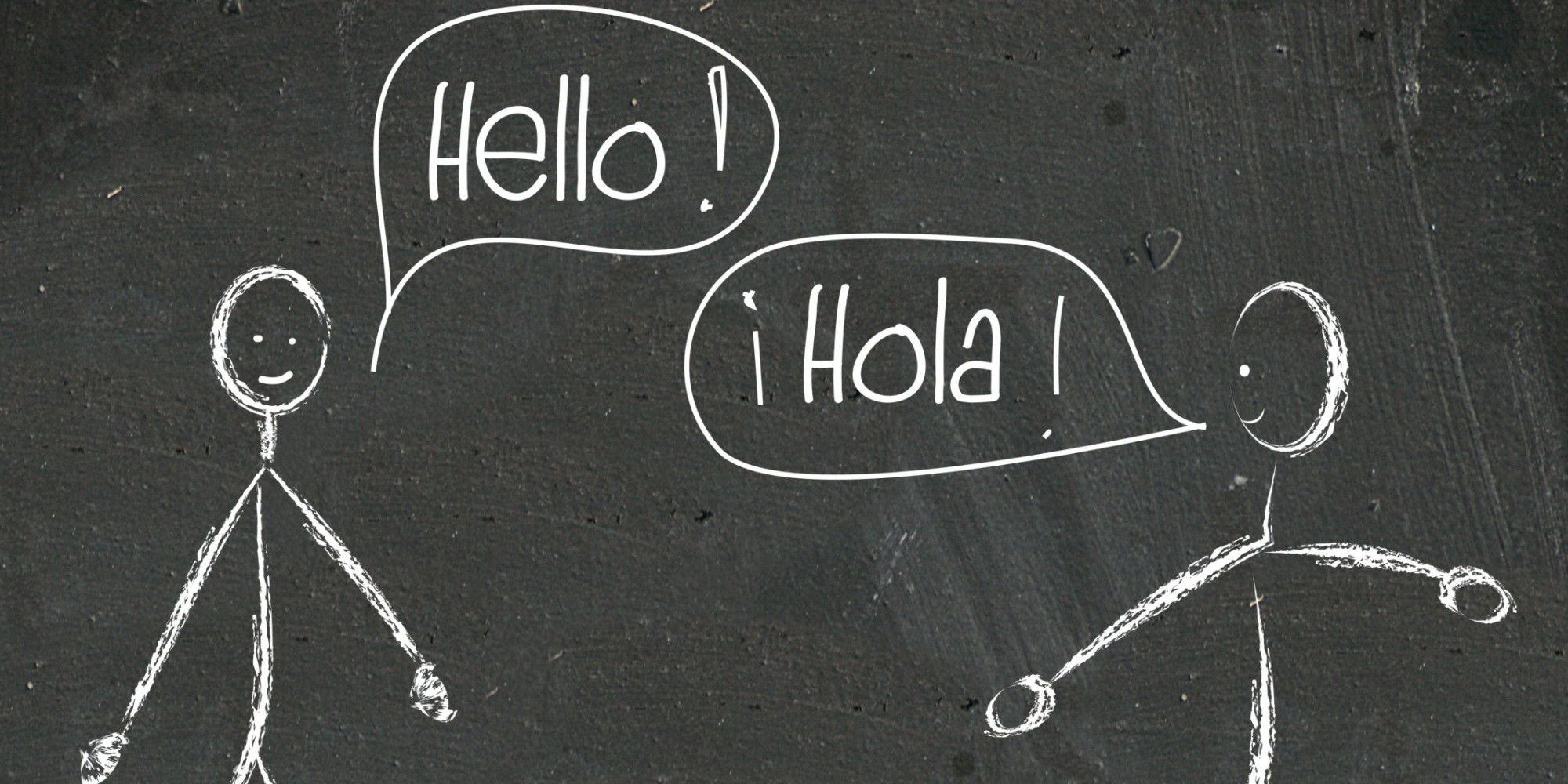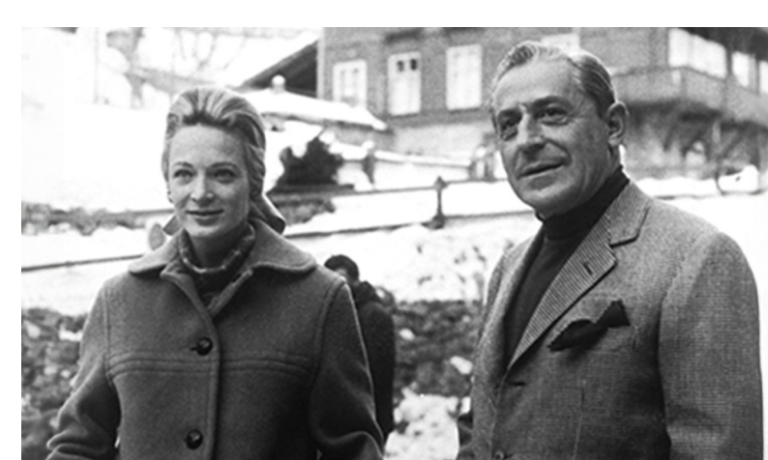For those who can speak only one language, people who have the ability to speak several are often a source of fascination. What language do they think in? Can they switch mid-way through? Do they dream in one language or both?
It turns out these questions are not without merit as people who can speak two languages actually experience time in a different way.
A study from Lancaster University and Stockholm University, published in the Journal of Experimental Psychology, found that people who are bilingual think about time differently depending on the language context in which they are estimating the duration of events.
Linguists Professor Panos Athanasopoulos and Professor Emanuel Bylund explained that bilinguals often go back and forth between their languages consciously and unconsciously.
Additionally, different languages often refer to time differently. For example, Swedish and English speakers refer to physical distances: ‘Taking a short break’ while Spanish speakers refer to physical quantities and volume: ‘Taking a small break’.
The researchers asked native Swedish speakers who also spoke Spanish to estimate how much time had passed while watching either a line growing across a screen or a container being filled. Participants were prompted to use the word ‘duracion’ (Spanish for duration) or ‘tid’ (the Swedish equivalent).
Professor Athanasopoulos said the results showed our language creeps into our everyday emotions and perceptions more than we realise.
“The fact that bilinguals go between these different ways of estimating time effortlessly and unconsciously fits in with a growing body of evidence demonstrating the ease with which language can creep into our most basic senses, including our emotions, visual perception, and now it turns out, sense of time,” he said.
Professor Athanasopoulos also suggested the results show that bilinguals are more “flexible thinkers” than those who just speak one language.
source: idependent.co.uk
Ask me anything
Explore related questions





